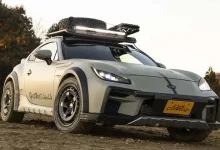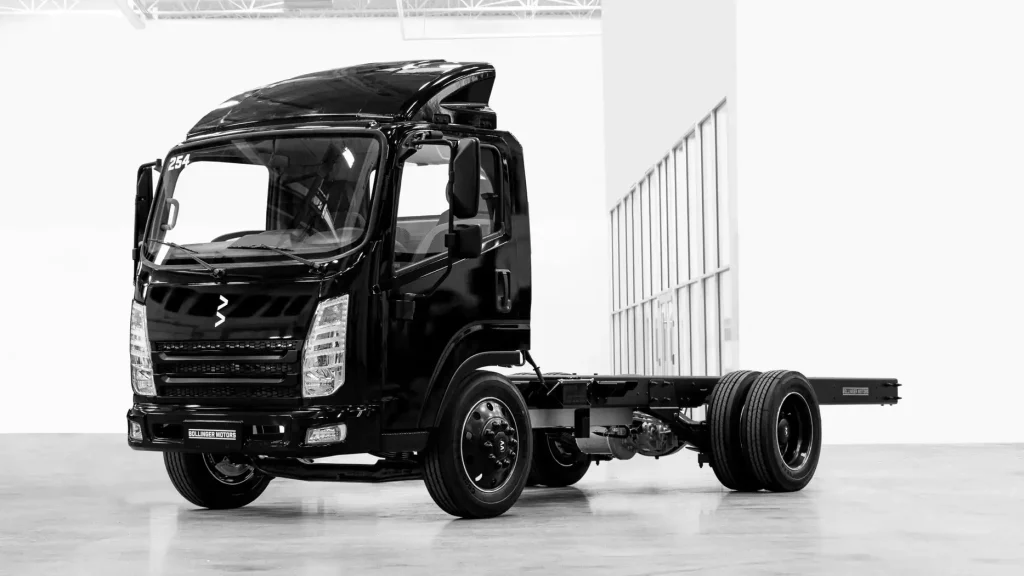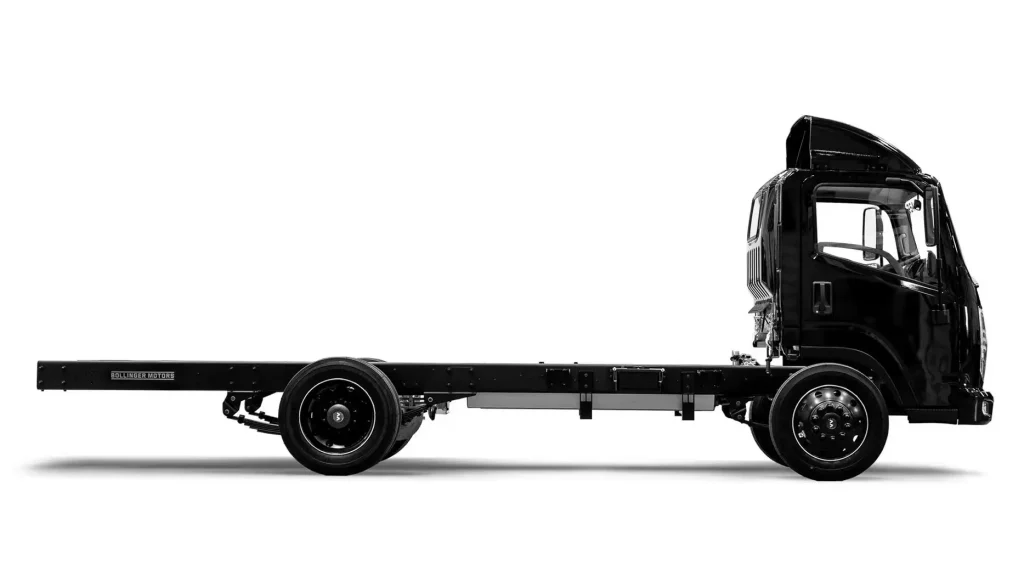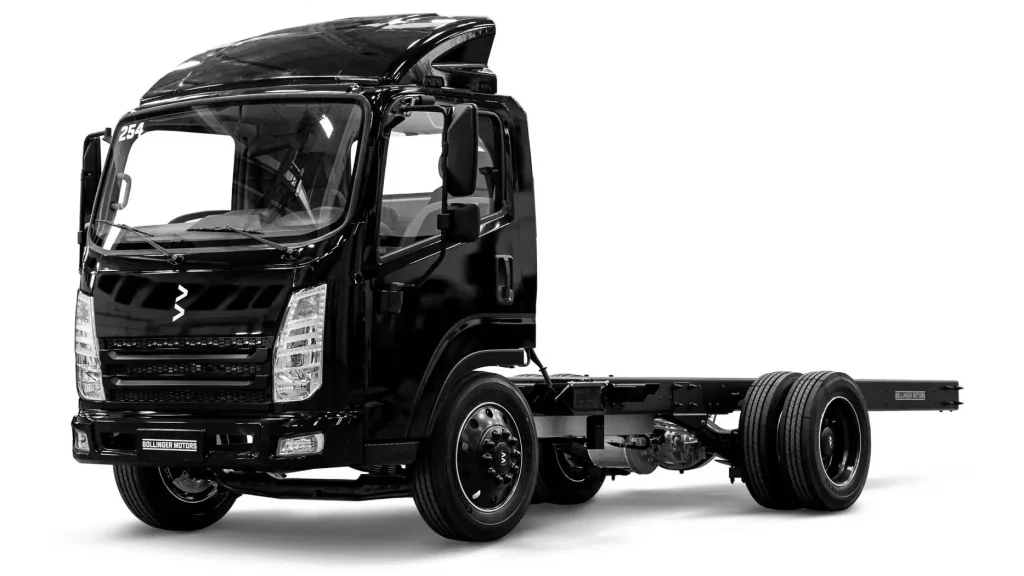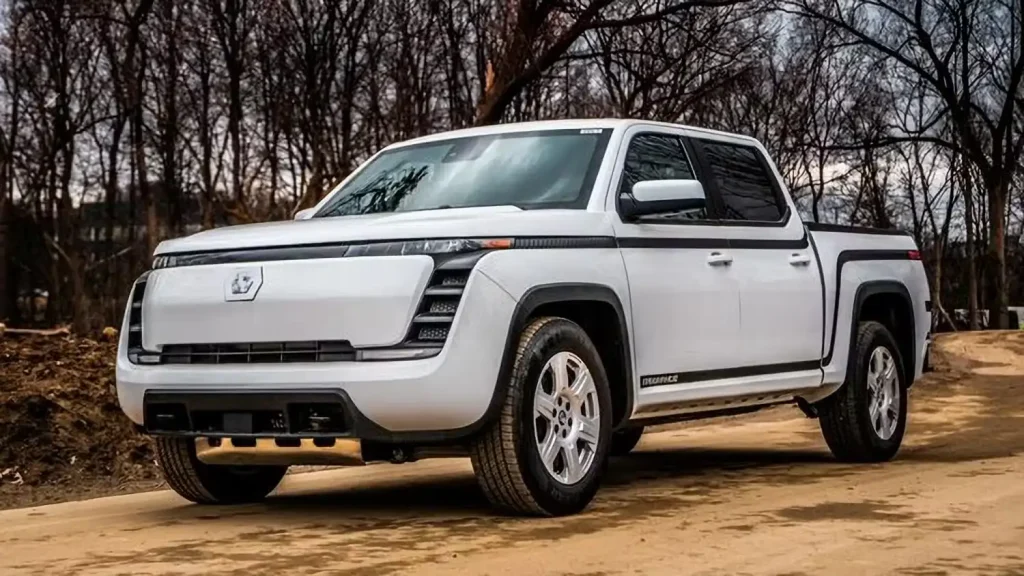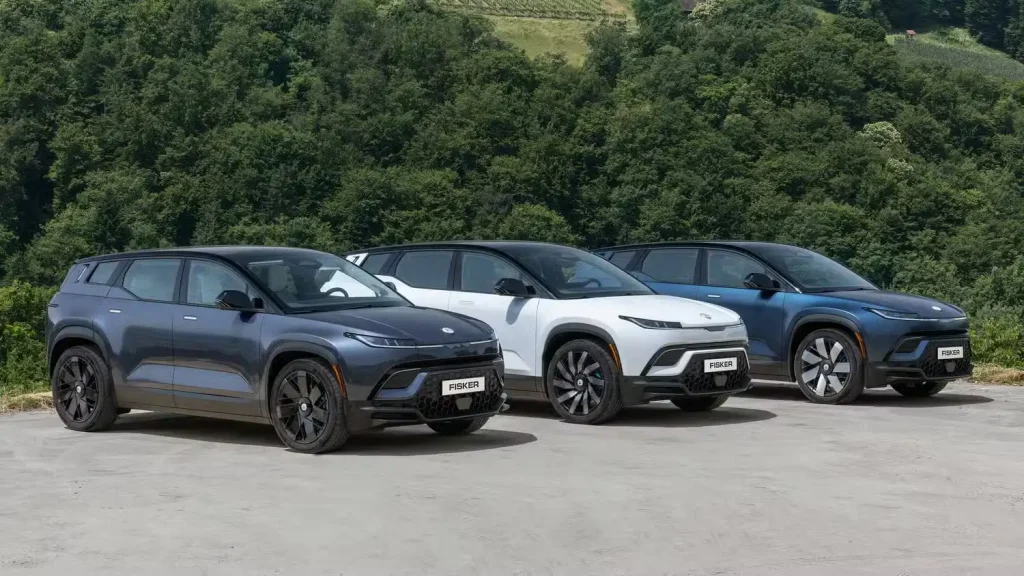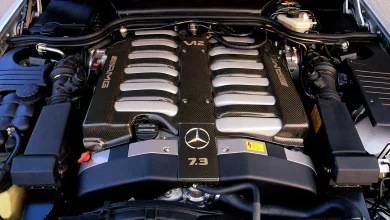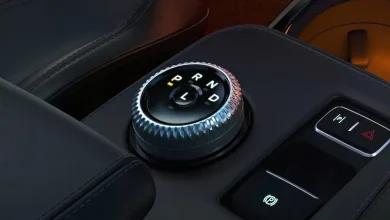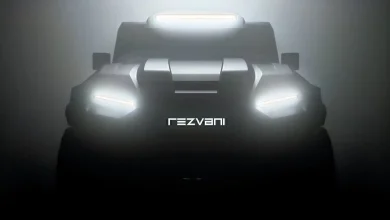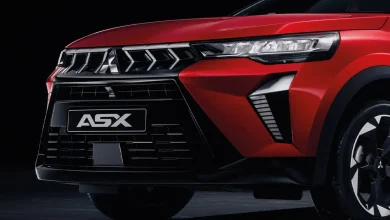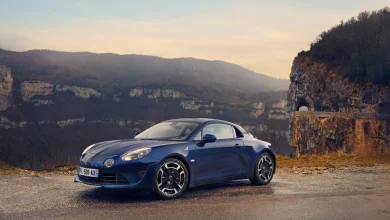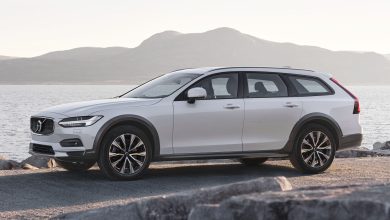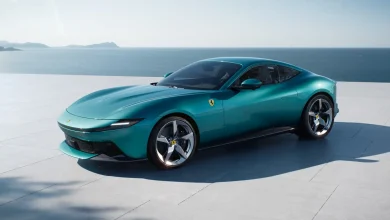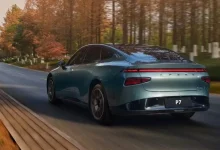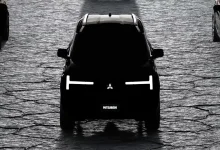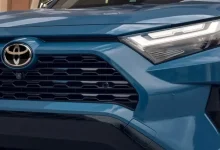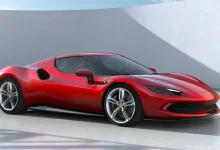Bollinger Motors: Once a Promising EV Hopeful, Now on the Brink
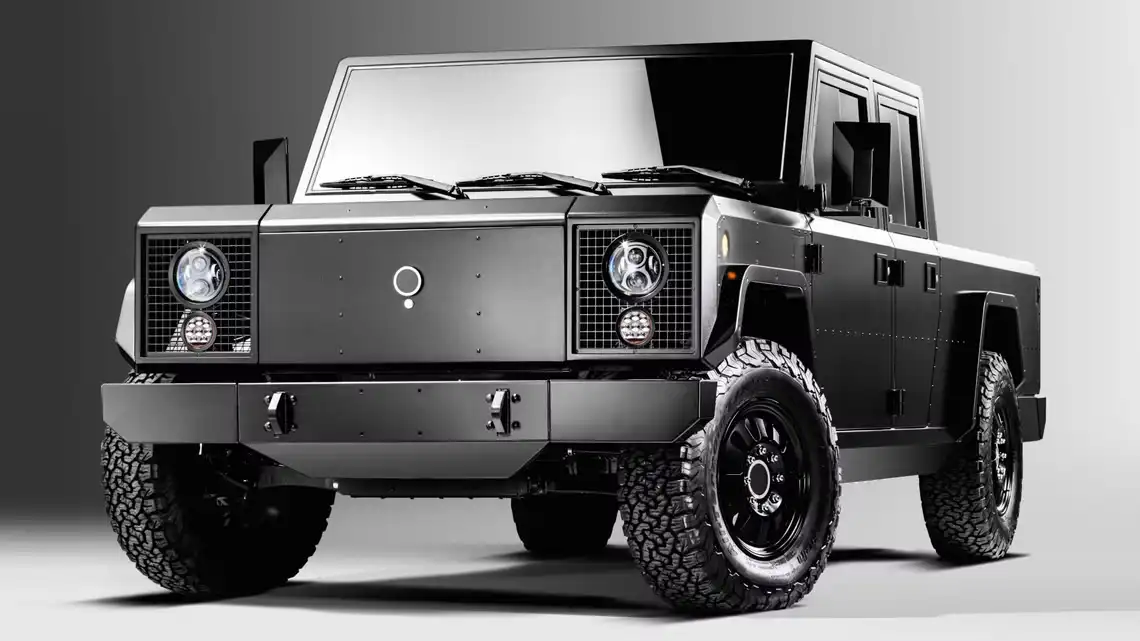
A U.S. district judge has approved former Bollinger Motors owner and CEO Robert Bollinger’s request to place the company into court receivership. The decision follows the failure of the company’s current owners to attend a scheduled meeting over an unresolved loan between the parties. This development marks yet another setback in a series of ongoing troubles for the once-promising electric commercial truck startup.
Bollinger Motors originally aimed to bring its B1 pickup and B2 SUV to market, offering rugged, boxy EVs with a minimalist design. However, unlike Rivian’s successful R1T and R1S, Bollinger’s vehicles never reached production. In a bid to stay afloat, the company shifted its focus to commercial vehicles, but even that strategic pivot now appears insufficient to prevent its steady decline.
A Brief History of Bollinger Motors
Founded 11 years ago by Robert Bollinger in New York, Bollinger Motors set out to create a rugged, body-on-frame electric truck and SUV, drawing heavy inspiration from the iconic Land Rover Defender. Early on, the company relocated its operations to Detroit, Michigan, aiming to be closer to the heart of the U.S. automotive industry.
As development progressed, Bollinger shifted its strategy—abandoning its original B1 SUV and B2 pickup plans in favor of larger commercial vehicles, dubbed the B4 and the extended-wheelbase B5. Despite this pivot, the company struggled to gain traction. Bollinger stepped down as CEO 11 months ago after selling the company to Mullen Automotive Inc.
Since the acquisition, Mullen has faced financial difficulties, reporting a staggering $115 million net loss on just $2.9 million in revenue in the fourth quarter of last year.
Then the Trouble Began
In March, Robert Bollinger filed a lawsuit against Mullen Automotive over a $10 million loan agreement that remained unpaid. When Mullen failed to send a representative to a scheduled meeting in May, the court ruled in Bollinger’s favor.
“A receiver is in charge of the company,” Bollinger told Automotive News. “The main goal is to sell the company as a going concern. Most of the assets are in my possession,” he added.
As part of the ruling, all of Bollinger Motors’ assets have been frozen, and Mullen has been stripped of its authority to manage the company’s daily operations. The court has also ordered Mullen to submit a proposed timeline for a liquidation plan within 30 days.
“Mullen played a key role in funding our operations and helping us reach this point,” said Robert Bollinger. “There’s strong interest in the product, and the ideal outcome would be for the company to continue operating as it is.”
Few Bollinger EVs Have Reached the Market
To date, Bollinger Motors has reportedly produced just 40 units of its Class 4 B4 commercial electric vehicle. Most of these remain unsold and are currently stored at the company’s headquarters in Michigan. Each B4 is priced around $135,000 and offers an estimated all-electric range of approximately 185 miles.
The startup has received a total of $148 million in investment, including $3 million in grants from the state of Michigan. Despite its limited production output, Bollinger Motors still employs around 100 people. According to reports, former CEO Robert Bollinger has personally guaranteed their wages will be maintained in the short term while the company’s future is resolved.
Bollinger Motors CEO Remains Optimistic—For Now
Despite the turmoil, current Bollinger Motors CEO Bryan Chambers remains hopeful. “During this period, we are focused on moving forward and remain committed to bringing our customers a world-class vehicle,” he told Automotive News.
Still, the outlook remains uncertain. With production stalled, assets frozen, and legal disputes unfolding, observers worry that Bollinger Motors may soon join the ranks of struggling EV startups like Fisker. For now, the company’s future hangs in the balance.


